Hep C Treatment Interferon
Hep c treatment interferon. HCV treatment can cause many skin problems including injection site reactions dry skin itching and rash. Interferons are medications that used to be standard treatments for hepatitis C. Treatment for hepatitis C has evolved from interferon therapy alone which yielded relatively poor response rates compared with the currently recommended and more effective combination of peg.
The first pharmacological regimen for hepatitis C was introduced in the 1990s and consisted of non-pegylated interferon alpha-2a or alpha-2b mono-therapy. However the older HCV drugs pegylated interferon and ribavirin had many side effects that explain why they are no longer recommended. Present interferon-based therapy for chronic hepatitis C is limited by both efficacy and tolerability.
Telaprevir and boceprevir are the first two direct-acting antiviral drugs DAAs that inhibit. This will complicate treatment in 60 to 70 of patients. It comes with side effects you should be aware of before you use it because th.
These all new hepatitis C DAAs the brands of which sport tongue twisting names such as Epclusa Harvoni Marivet and Zepatir are highly effective and have significant benefits and improvements compared to the old interferonribavirin treatment. The previous form of treatment a combination of interferon and ribavirin is now history. FDA approved Rebetron Scherings Intron A plus Ribavirin 1991 to Mid 2011.
The most common side effects are flu like symptoms and fatigue. Advances in Interferon Ribavirin treatment for hepatitis C were made but continued to be the only treatment available. Long-term outcomes after treatment with interferon and ribavirin in HCV patients.
The other common side effects include a decrease in the white blood count as well as in the platelet count a blood clotting element. Interaction tables treatment selectors clinical prescribing resources and pharmacokinetic fact sheets. A combination of sofosbuvir velpatasvir and voxilaprevir.
As a treatment for hepatitis C interferon is synthetically produced in a laboratory and administered by injection under the skin in very high doses. HttpInterferonwsInterferon is the most common treatment for hepatitis c.
A combination of sofosbuvir velpatasvir and voxilaprevir.
The first pharmacological regimen for hepatitis C was introduced in the 1990s and consisted of non-pegylated interferon alpha-2a or alpha-2b mono-therapy. FDA approved the first alfa interferon Scheringss Intron A to treat hepatitis C. Some of these other side effects from pegylated interferon and ribavirin are listed below. The other common side effects include a decrease in the white blood count as well as in the platelet count a blood clotting element. FDA approved Rebetron Scherings Intron A plus Ribavirin 1991 to Mid 2011. Ledipasvir-sofosbuvir for treating chronic hepatitis C. HttpInterferonwsInterferon is the most common treatment for hepatitis c. Simeprevir for treating chronic hepatitis C. Interaction tables treatment selectors clinical prescribing resources and pharmacokinetic fact sheets.
However newer treatments called direct-acting antivirals DAAs. The other common side effects include a decrease in the white blood count as well as in the platelet count a blood clotting element. Advances in Interferon Ribavirin treatment for hepatitis C were made but continued to be the only treatment available. This is felt to be largely related to interferon. Telaprevir and boceprevir are the first two direct-acting antiviral drugs DAAs that inhibit. Interferon treatment for hepatitis C is considerably long about 24 to 48 weeks which can lead to a number of long term side effects. Simeprevir for treating chronic hepatitis C.



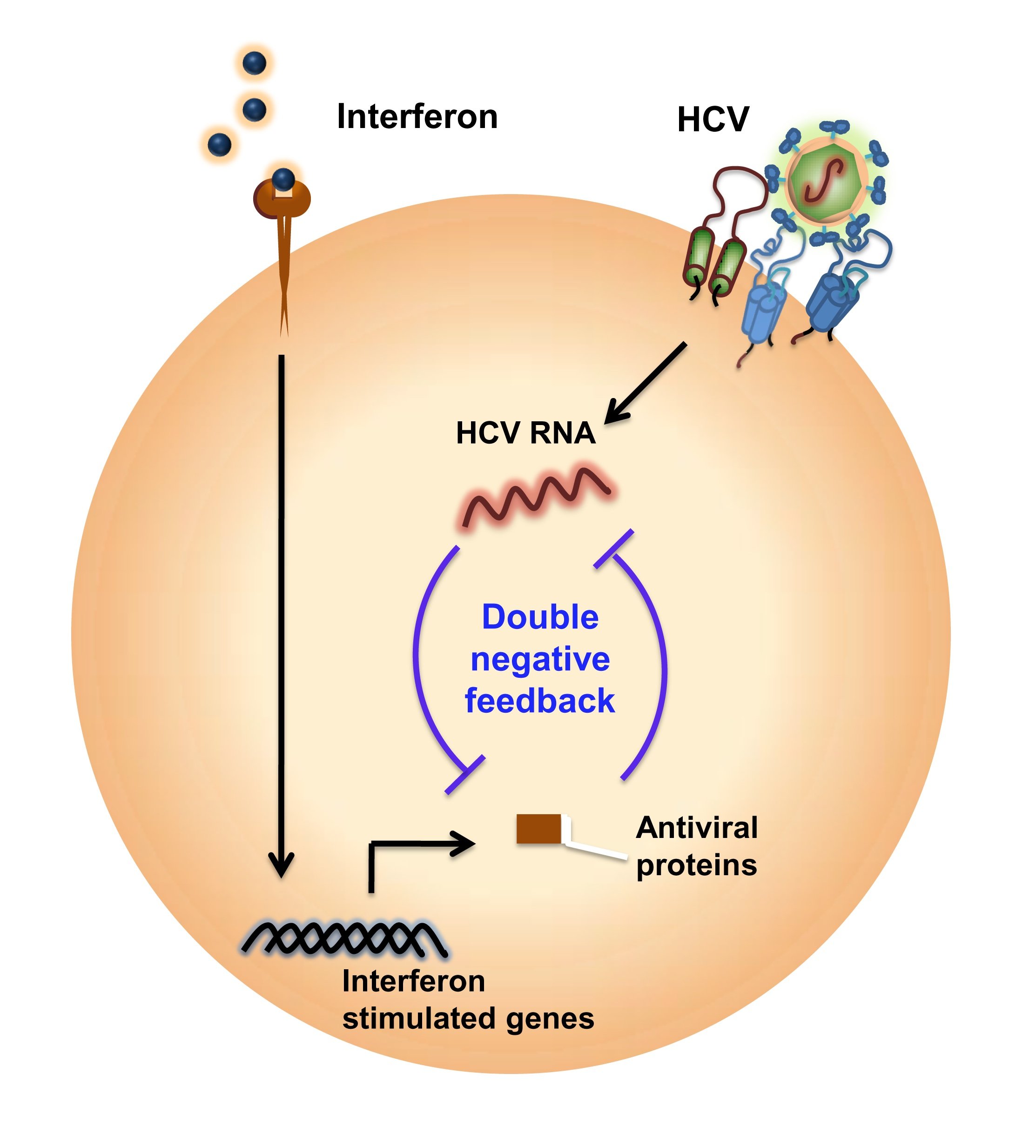
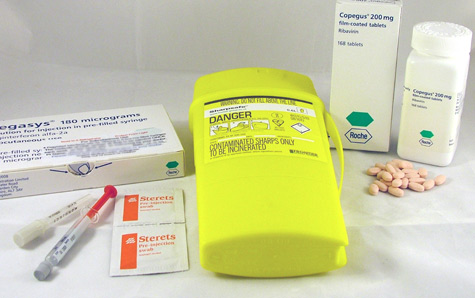


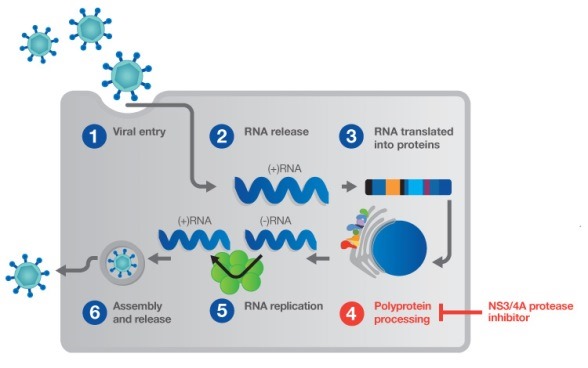
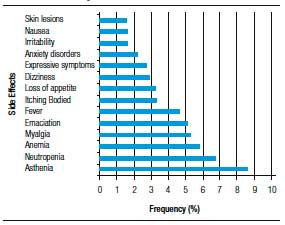


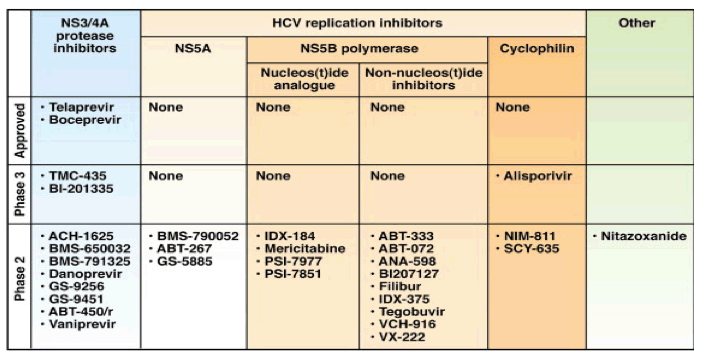
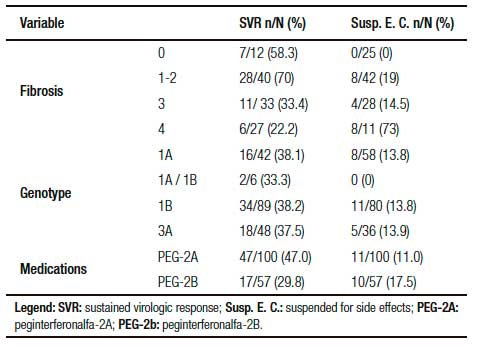




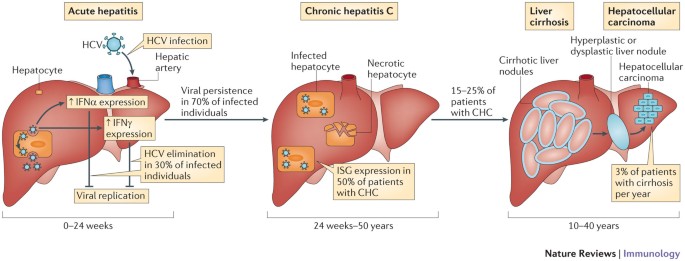


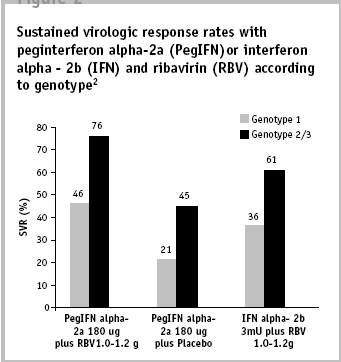



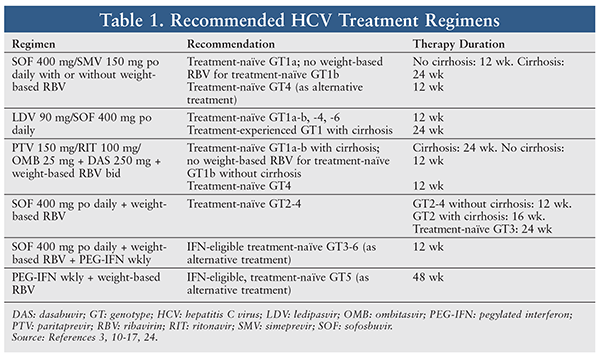



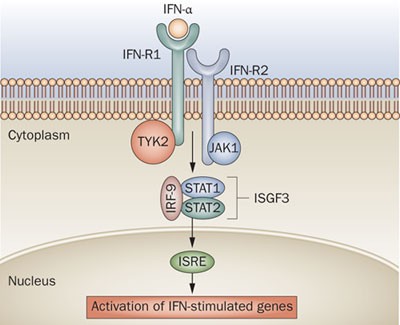
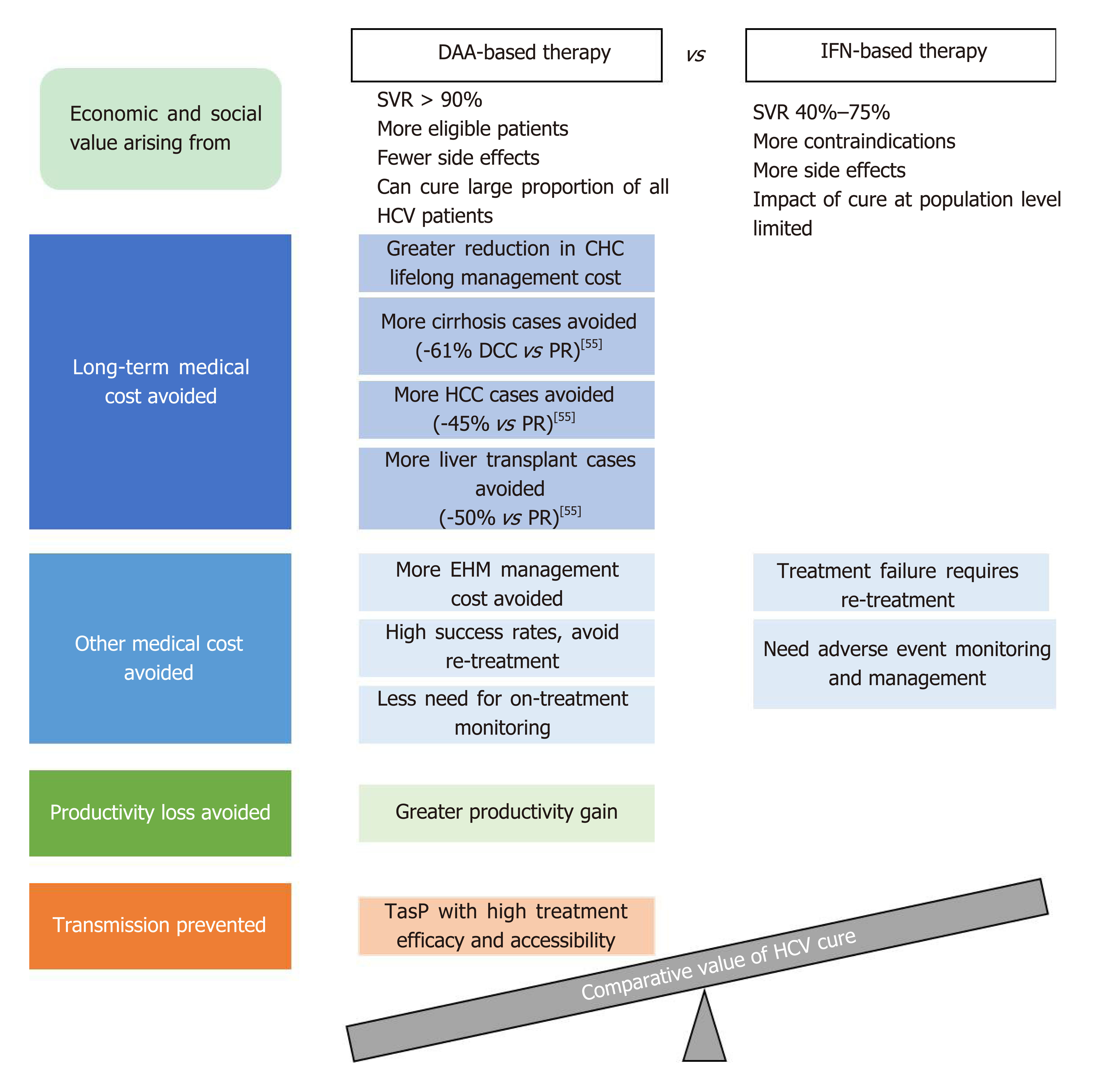

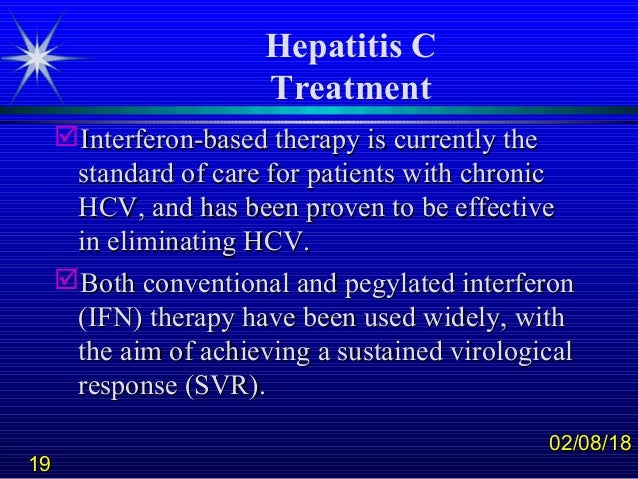

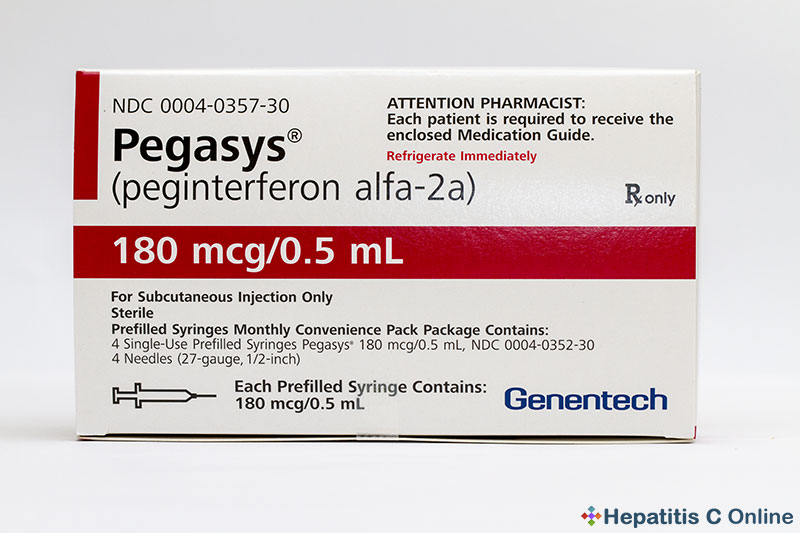


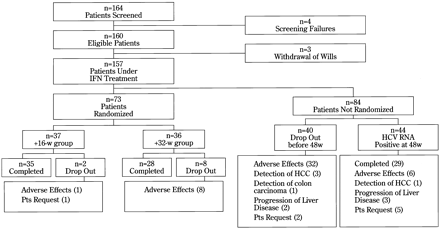







Post a Comment for "Hep C Treatment Interferon"